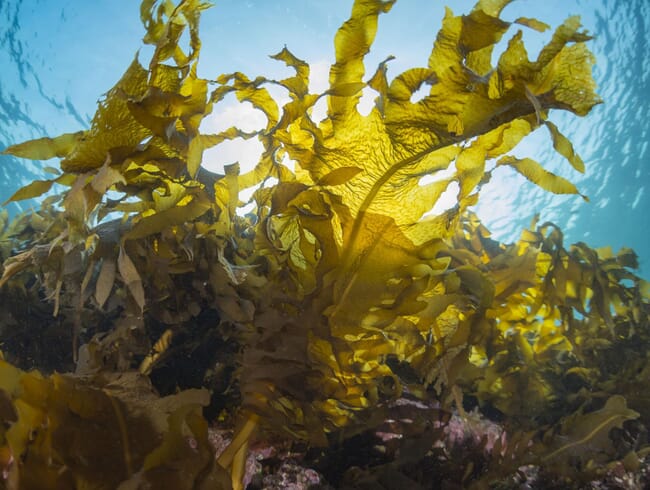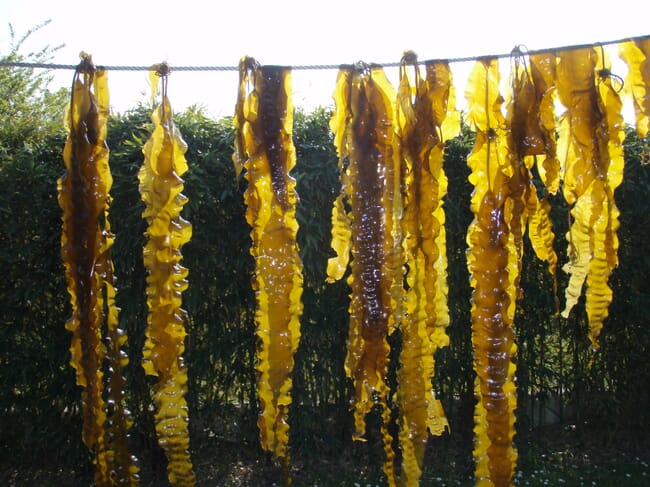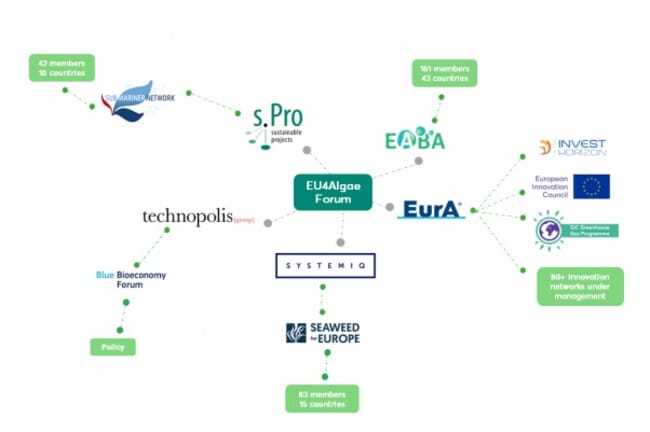
The aim of the platform is to accelerate the development of a European algae industry and promote algae for nutrition and other uses among consumers and businesses in the EU.
Algae species have been produced and consumed throughout the world for centuries. They are a mainstay of Asian cuisine due to their high nutritional value and distinct salty or umami taste. In recent years, they are becoming a standard ingredient as well in western vegan dishes.
Outside of the culinary realm, algae have turned into a go-to feedstock for sustainable industrial applications, such as biodegradable plastics. Moreover, their production helps improving ocean health by reducing carbon dioxide, phosphorus and nitrogen levels in marine ecosystems. They are also a nursery and hide-out for many marine animals, promoting underwater biodiversity.

© Dr Javier Cremades
Despite these benefits, the uptake in Europe of algae production and consumption is slow. So the European Commission is stepping up the game.
Together with CINEA and a consortium (comprised of EurA AG, EABA, Systemiq, Technopolis and s.Pro), the Commission is launching EU4Algae. This three-year project will accelerate the scale-up of a regenerative, resilient, fair and climate friendly algae industry in Europe, and bring more novel algae species to the EU market.
The platform will be a unique space for collaboration among European algae stakeholders including algae farmers, producers, sellers, consumers, technology developers as well as business-support organisations, investors, public authorities, academia, researchers and NGOs. It will also act as a single information hub on algae funding calls, projects, business-related information, intelligence and best practices.
The collaboration platform will be online by the summer 2022.

Background: Realising the European Green Deal through algae
In its Farm to Fork strategy, a key component of the European Green Deal, the Commission stated the ambition for algae to “become an important source of alternative protein for a sustainable food system and global food security”. In last year’s strategic guidelines for sustainable aquaculture, the Commission highlighted the role of seaweed cultivation in climate mitigation (through carbon sequestration) as well as climate adaptation (e.g. nature-based coastal protection).
By the end of 2022, the Commission will release an EU Algae initiative accompanied by an Action plan to promote algae in Europe.




